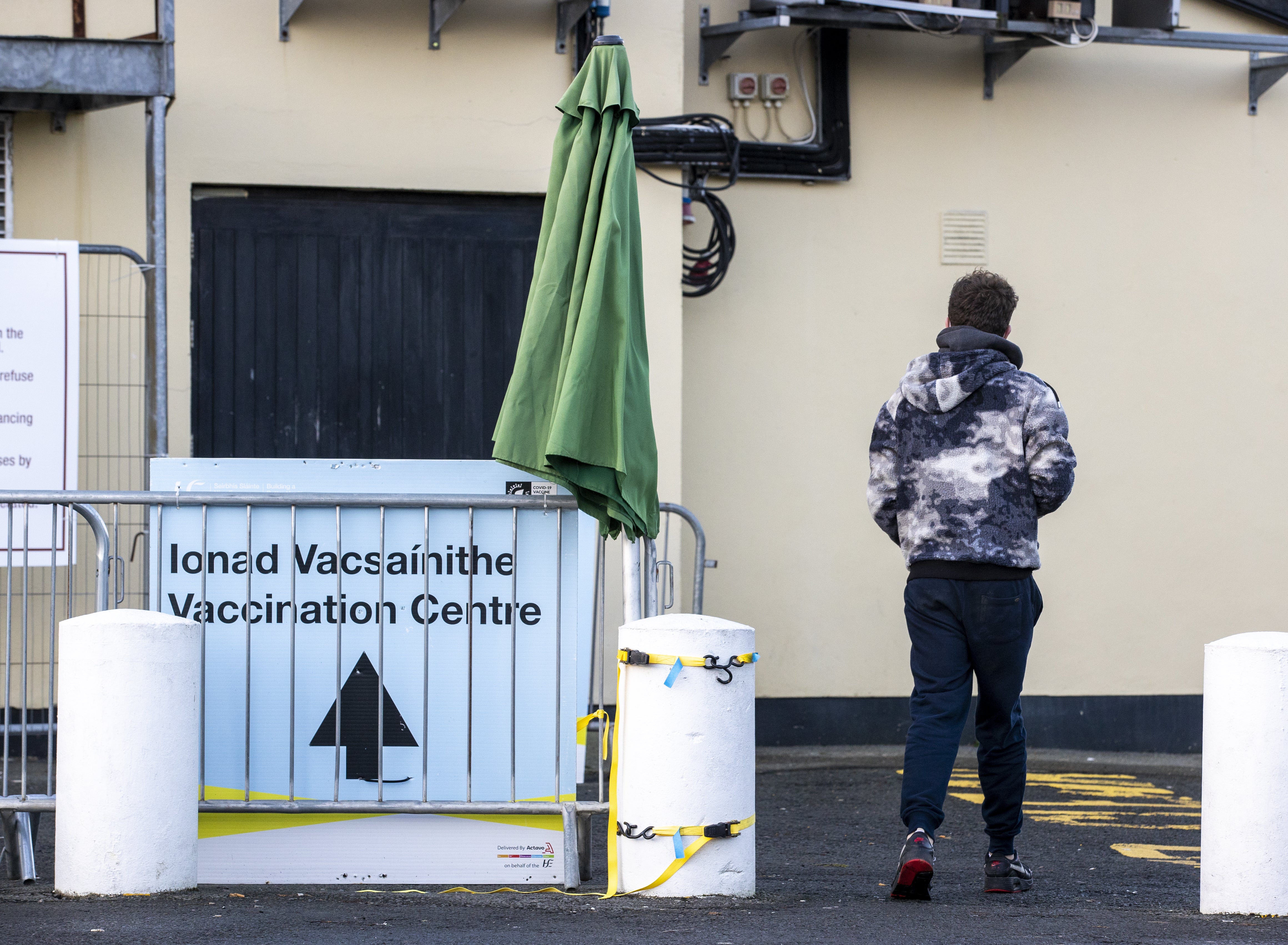Concern over ‘lag effect’ between sharp rise in Covid cases and hospital numbers
HSE boss Paul Reid said there are no indications that Ireland is at the peak of the current wave of Covid cases.

Your support helps us to tell the story
From reproductive rights to climate change to Big Tech, The Independent is on the ground when the story is developing. Whether it's investigating the financials of Elon Musk's pro-Trump PAC or producing our latest documentary, 'The A Word', which shines a light on the American women fighting for reproductive rights, we know how important it is to parse out the facts from the messaging.
At such a critical moment in US history, we need reporters on the ground. Your donation allows us to keep sending journalists to speak to both sides of the story.
The Independent is trusted by Americans across the entire political spectrum. And unlike many other quality news outlets, we choose not to lock Americans out of our reporting and analysis with paywalls. We believe quality journalism should be available to everyone, paid for by those who can afford it.
Your support makes all the difference.Health officials say they are concerned over the lag effect between a sharp rise in Covid-19 cases and the number of people admitted to hospital with the virus.
Health Service Executive (HSE) boss Paul Reid said there are no indications that Ireland is at the peak of the current wave of Covid cases.
It comes as the HSE said there is a need for a focus on Covid services for the next two weeks.
In a letter to health service managers, Mr Reid said that where there are staff shortages in Covid-related services, staff must be redeployed from other areas to provide support.
Mr Reid urged health managers to prioritise unplanned Covid care.
Speaking to RTE News At One, Mr Reid said the number of patients in hospital with Covid-19 has jumped from 360 to 884 in 10 days.
He said there are a “significant number” of health staff off work with Covid-related sickness.
Speaking about the letter, he added: “It does set out clear priorities for all of the services to focus on, and they are simply time-dependent care, which is really important, emergency care, Covid-related care.
“Importantly, for us keeping testing and tracing and indeed vaccinations resources going.
The numbers have escalated certainly in the last few days and have been a real level of concern. Thankfully we haven't seen that transmission to ICU
“It sets our priorities for this on a national basis, but also a number of steps to help us in terms resourcing.”
Members of the National Public Health Emergency Team (Nphet) previously warned that hospital numbers could peak at more than 2,000.
“We are all trying to avoid getting to where we were last January of 2021. In essence, we have 2,020 people in hospital and 220 people in ICU ” Mr Reid added.
“The numbers have escalated certainly in the last few days and have been a real level of concern. Thankfully we haven’t seen that transmission to ICU.
“What they are dealing with at the moment are Delta-related long-term cases. But we still don’t know that kind of lag effect between those sharp rises and hospitalisations and if that’s a severity which transmits into ICU.
“That is our concern in the coming weeks in particular.”
Mr Reid said there are no indications Ireland is at the peak of case numbers, but added that the severity of the Omicron variant is not as strong at an individual level.
He warned the force of impact from the volume of cases could pose a “real threat” to the health system.
He said the health service could suffer a further blow as a result of high numbers of staff not being able to attend work.
“Nobody wants to end up in hospital with Covid and that’s the reality for all of us,” he added.
“The early indications, which we should take some level comfort from, is that the level of severity is not as strong.
“But, again, we would rather see over the next week what transmits from those cases now to ICU, to have a clearer picture on that.”